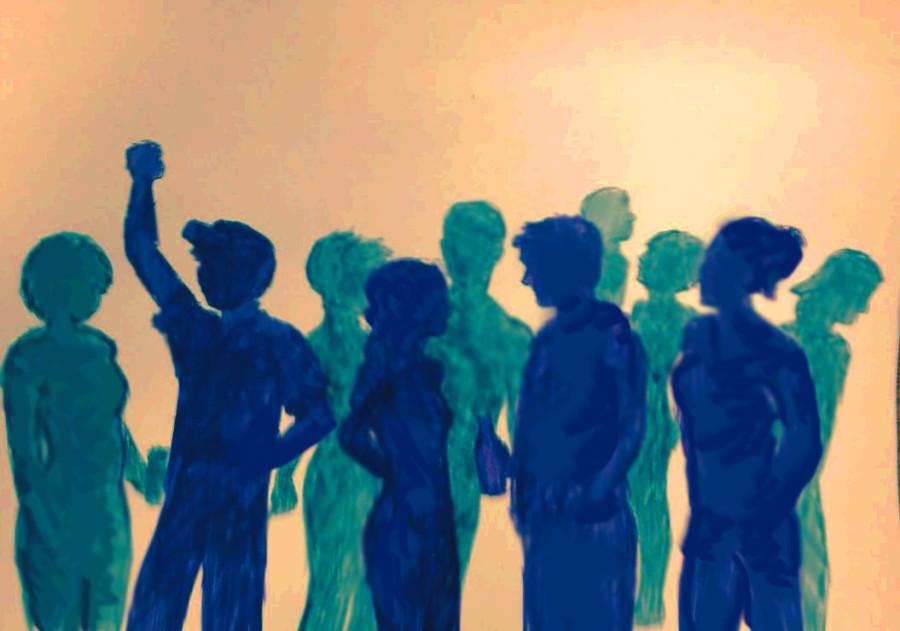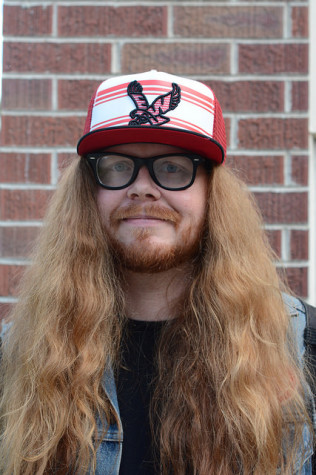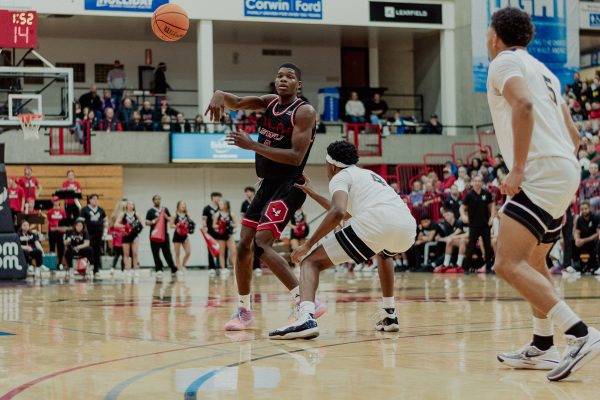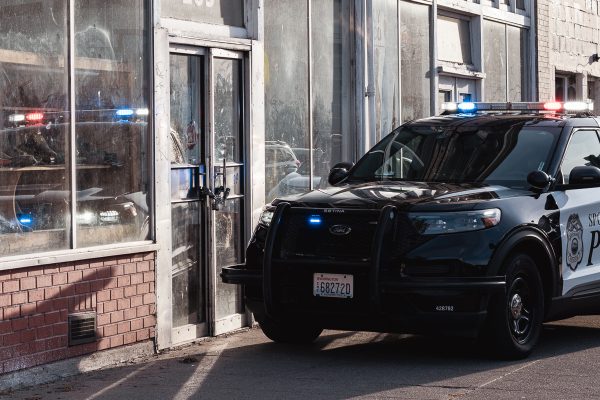Underage alcohol violations decrease at Eastern
February 17, 2014
When she was just 18, Taylor Phillips went to her first party as an EWU student. She was expecting to have a good time, but that is not what she found.
“I didn’t have fun,” said Phillips. “It was a poorly planned excuse for people to drink, smoke weed and shake their [butts].”
Phillips said the house was overcrowded, with smoke-filled rooms blasting distasteful music. She said the alcohol ran out quickly, and people were getting bored.
“There was literally nothing to do,” said Phillips. “No games, no plan of any sort. It was a lot of people with bad music expecting alcohol that didn’t exist and then complaining about it as they grinded.”
Phillips said, when the word got out that there was a party going on, things started to get crazier. More and more people started showing up from bars and other parties.
Suddenly, the small, boring party was getting out of control. “There were literally cars everywhere. It was ridiculous,” Phillips said. “If the cops had cared, it could have been busted.”
Although parties on campus are not against campus policy, before you party, there are lots of rules to learn, and most of them involve the consequences of drinking, particularly underage drinking.
First, even though students 21 and over are allowed to consume alcohol in their dorms, forget about alcohol being the fuel of the party. Only small personal amounts are permitted. Though harder to trace off campus, no kegs or “keg-quantities” of alcohol are allowed in the residence halls.
Second, possessing or consuming alcohol under the age of 21 is not permitted, and students found to be in violation of this policy may face misdemeanor charges.
Third, if you are over 21, it is also against policy to sell or furnish a minor with alcohol and carries a fine of $1,000. The EWU “Party Central” page suggests if you are going to serve alcohol, make sure your guest list is all over age 21.
EWU Police Deputy Chief Gary Gasseling said, even though there are not a lot of parties on campus, it is not unusual to get calls about underage drinking.
“If we get a call for underage drinking, it’s usually because someone saw a student staggering down the road or about students yelling, chanting and screaming about alcohol,” said Gasseling.
Mike Bowers, the interim director of Student Rights and Responsibilities, said his office received 159 referrals for alcohol violations on campus.
The Clery Act, which requires universities to issue an annual safety and fire report, includes statistics about alcohol violations and other crimes committed both on and off campus. Statistics from 2013, including liquor law arrests and liquor law violations-referrals from campus police, will not be added to EWU’s report until the deadline, Oct. 13, 2014.
Bowers said for comparison, the totals from all sources in 2012 equaled 167.
Gassesling said, when making their rounds, campus police keep in mind that we all make mistakes sometimes, especially kids.
“Officers will always take the lowest level of enforcement they can,” said Gasseling. “Our CAs have training in this area and can usually take care of it.
“A first offense is usually a warning and a referral to Student Rights and Responsibility, so it’s handled within the school. If it’s a second or third offense, we are less lenient. We will cite them for an [minor in possession], usually a ticket and release, and they will have to explain themselves to a judge in court.”
Although being charged with a minor in possession of alcohol is a misdemeanor offense, if convicted, it may have a negative effect on future job requirements or opportunities.
“We take a community approach,” said Gasseling. “Our goal is to get them through school, not to give them a criminal record.”







![Simmons said the biggest reasons for her success this year were “God, hard work, and trusting [her] coach and what she has planned.”](https://theeasterner.org/wp-content/uploads/2024/05/image1-1-1200x800.jpg)


![Simmons said the biggest reasons for her success this year were “God, hard work, and trusting [her] coach and what she has planned.”](https://theeasterner.org/wp-content/uploads/2024/05/image1-1-600x400.jpg)






